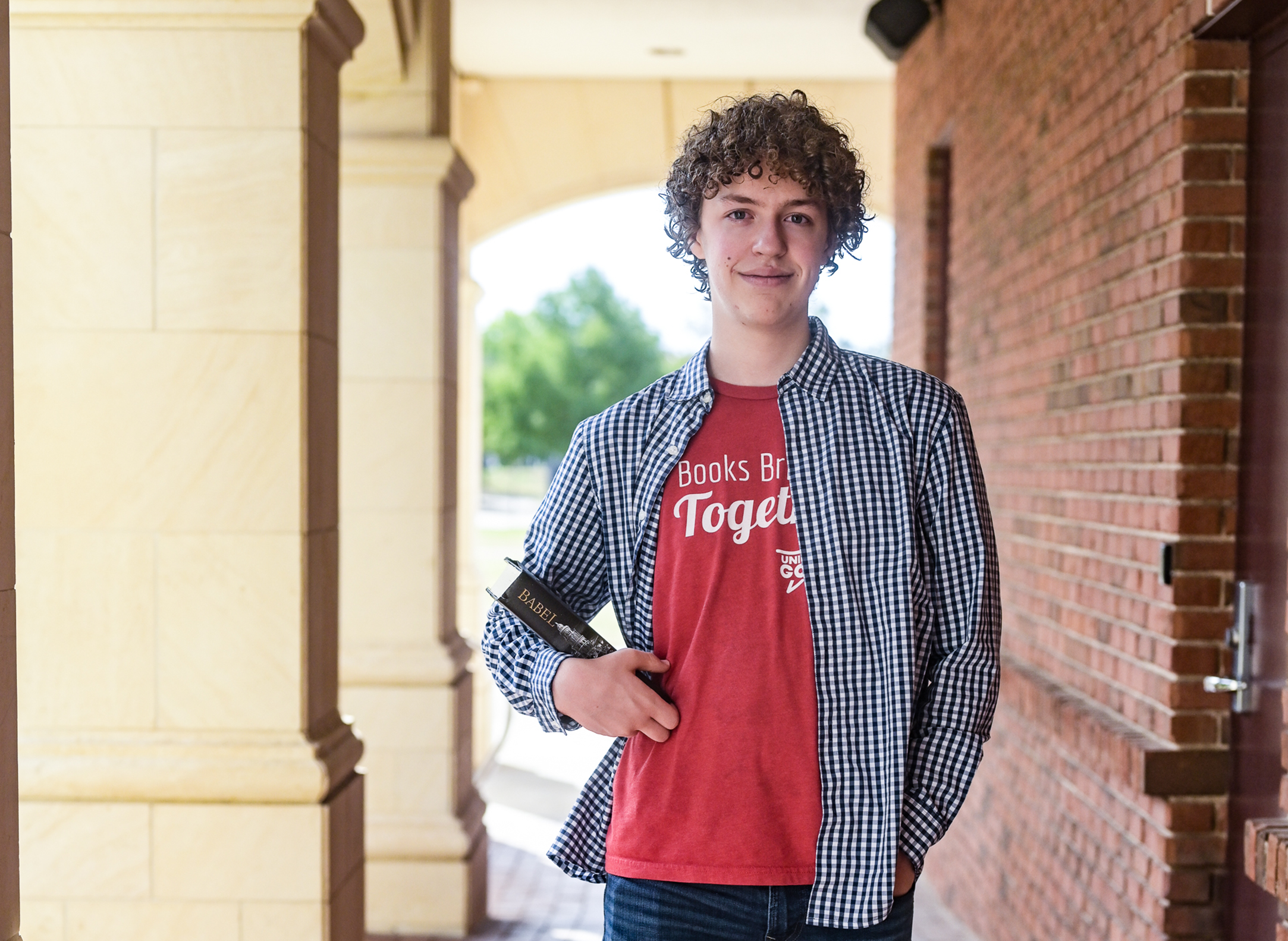
Mike Brooks

Audio By Carbonatix
The Grapevine-Colleyville Independent School District has enacted some of the most sweeping changes to its curriculum and materials policy in North Texas. The changes instituted under the Classical Social and Emotional Learning (CSEL) policy sought to exclude books that discussed topics the board deemed to be objectionable.
The CSEL, originally proposed in April 2022, targeted materials that discussed “critical race theory and systemic discrimination ideologies” and “gender fluidity and gender theory,” and it broadened the definition of what the district could label as “pornography.”
Book bans have been on the rise in the last few years, and most school districts usually start from a list of reviewed titles, but GCISD’s policy worked the other way. It laid out the themes that teachers couldn’t teach and removed books from its libraries based on broad terms. Some were placed in what the district calls “parental consent closets,” meaning students must have the consent of a parent to access them.
One of the more ironic choices was to ban Aldous Huxley’s Brave New World, a profoundly important satirical novel in world literature about the dangers of forced conformity in which emotions and individuality are suppressed for the betterment of society.
Tommy Rogers, then a Grapevine High School junior, loved Huxley’s novel and decided to speak up at a board meeting in August 2022. Input from the public that night lasted almost four hours.
“I was upset about this, and I decided to give a student’s perspective on it because I didn’t know any other students who intended to speak,” Rogers tells the Observer. “We read it in my sophomore English class, and one of the scenes really connected … [is] they raised children and electrocuted them to give them an automatic disdain for books. I thought that would be good to bring up at the meeting.”
“Some of you are so afraid of your children having their own identities that you stop their learning,” Rogers told the school board. “You tell them lies and don’t let them think for themselves. You steal freedom from teenagers in your desperate attempt to stop the world from moving. You try to fit people in boxes they don’t fit in because people who are different scare you. I don’t care if you live in a world of ignorance but don’t force it on the next generation.”
Rogers’ words didn’t get much attention that night outside of the meeting. Instead that honor went to a loud, angry guy named Scott Western, who went viral by bellowing about how “teachers shouldn’t be forced to use your frickin’ made up, fantasy pronouns” and “We’re gonna keep coming so hard, the only thing these woke-tards got to figure out is whether it’s on their face, back, butt or thigh! Whooo! Get some!”
The following month, however, Rogers found a way to focus attention on the school board’s policies by starting a banned book reading club as an extracurricular activity at his school.
“I figured if I could appeal to [students’] desire to stop the book banning from progressing that I could get members to join and get some momentum,” Rogers says.
The club started meeting to read books that the district had removed, and “there was some pushback.”
“It showed how we could read these books anyway even if we don’t read them in class,” Rogers says. “We could still read them anyway, but for the most part, parents complained and were very upset children were taking part in the club.”
The pushback even elevated to personal attacks on his parents, “especially on Facebook.”
“It was more so after my parents because they raised me to love reading,” Rogers says. “It wasn’t threatening or anything, just [saying] how horrible parents they were.”
The club met to read and discussed the theme in novels removed by GCISD and by other districts, including Brave New World, Kazuo Ishiguro’s Never Let Me Go and Narrative of the Life of Fredrick Douglass. Rogers says more than 30 students joined the club to protest the district’s policies.
The creation of the club attracted local and nationwide attention to GCISD.
“I was highly concerned because we were removing books with topics about racism, sexual identity or any form of discrimination really …,” Rogers says. “It’s like they’re teaching us not to think any more, and that’s why they were banning books.”
Rogers, now a high-school senior, is no longer a student in the Grapevine-Colleyville ISD. Asked if the club was still active, he responded, “I’d like to just not talk about that.”
Rogers says he’s unsure whether his actions had any meaningful effect on a school board that seems determined to push its own agenda on teachers and students, but says he spoke up because he’s not afraid to use his voice.
“Reading is everything to me,” Rogers says. “I’m an autistic teenager who has a hard time understanding what’s going on sometimes. I’ve been able to grow and learn, and I don’t want to let anyone stop books from meaning something to anyone else in the world like me.”